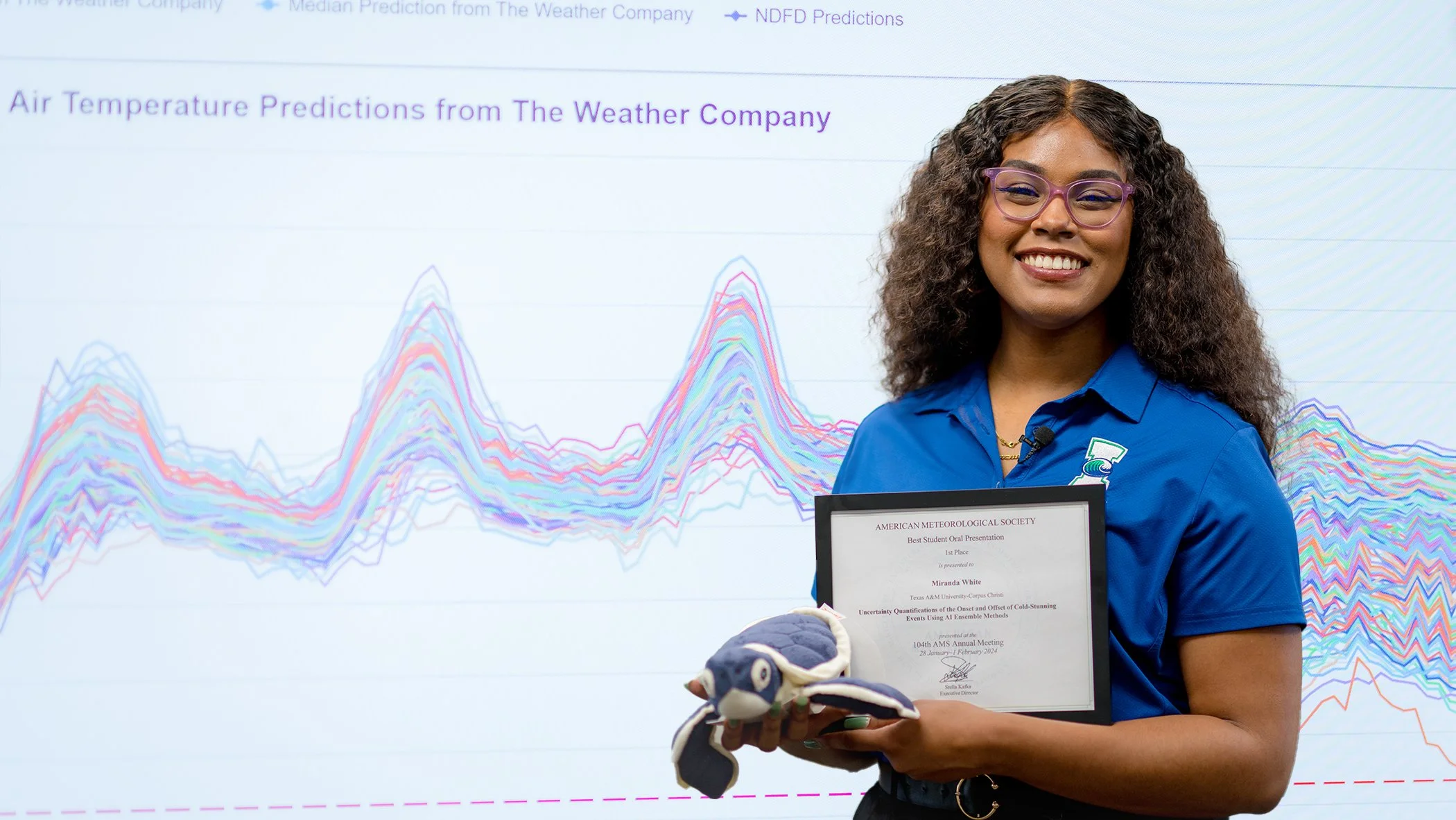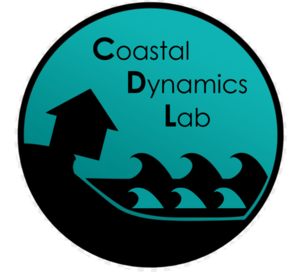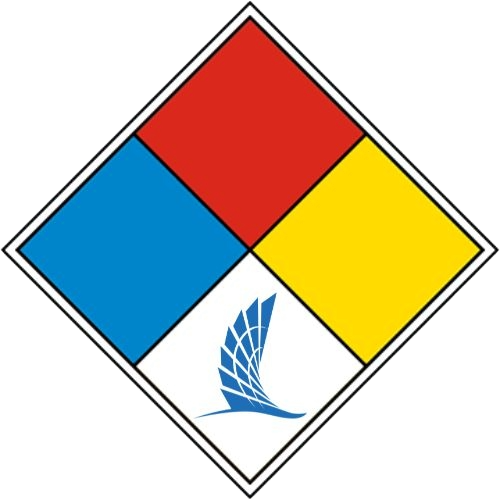As a convergent researcher, Miranda White ‘26 understands the critical role interdisciplinary research and collaboration plays in addressing complex challenges. Blending her experience in environmental science and statistics with a growing knowledge in risk communication, Miranda is helping the Conrad Blucher Institute for Surveying and Science (CBI) at Texas A&M University-Corpus Christi (TAMU-CC) harness the power of artificial intelligence (AI) to preserve endangered sea turtles along the Texas Gulf Coast.
Miranda is a Coastal and Marine System Science Ph.D. student with CBI’s NSF AI Institute for Research on Trustworthy AI in Weather, Climate, and Coastal Oceanography (AI2ES). Along with a team of students from TAMU-CC and Del Mar College, they've developed a computer-based system to predict cold water temperatures in the Laguna Madre, an estuary located in South Texas between the mainland and barrier islands. The area is a vital habitat for numerous species, including economically-valuable fish and endangered green sea turtles. However, dynamic conditions in the area can cause rapid drops in water temperature, causing marine species in the Laguna Madre to become "cold-stunned" and putting them at risk of injury or death.
Using AI and ten years of air and water temperature data collected from monitoring stations along the Texas Coast, the AI2ES team has developed models capable of predicting cold-stunning events in the Laguna Madre up to five days before they happen. This allows stakeholders more time to mobilize efforts to protect and rescue cold-stunned sea turtles.
Miranda has made considerable contributions to CBI AI2ES’ cold-stunning research. Working with stakeholders within the Texas Marine Cold-water Response Collaborative, including Texas Parks and Wildlife, National Weather Service, and National Park Service, she’s cultivated a better understanding of stakeholder trust in the team's predictions. She plans to refine methods for developing and communicating more accurate and trustworthy information to stakeholders so they can make informed decisions during cold-stunning events using AI-derived uncertainty quantifications.
Her contributions to CBI AI2ES’ sea turtle cold-stunning research were recently recognized at the American Meteorological Society’s (AMS) annual conference, where she won first place in the event's AI Conference Oral Presentations competition.
"The AMS AI Conference is possibly the largest conference in the world focused on the development of AI for the environmental sciences, " said Dr. Philippe Tissot, Chair for Coastal Artificial Intelligence at the Conrad Blucher Institute. "Miranda’s victory is significant as it's the first time a student from CBI has won first prize in the oral competition. "
Miranda's dedication to research excellence is evident, having previously claimed first place in the event's AI Poster Competition last year.
"I'm honored to be recognized by the American Meteorological Society," said Miranda. "I aim to be a successful representation of a convergent scientist within my field, and I hope this recognition emphasizes the importance of interdisciplinary research and collaboration within the scientific community."
To learn more about CBI AI2ES and other research initiatives, click here.








